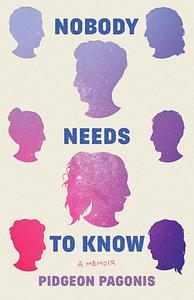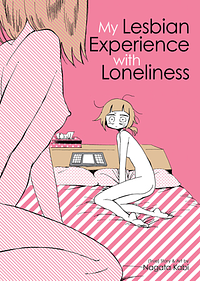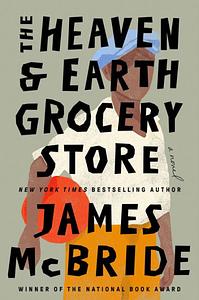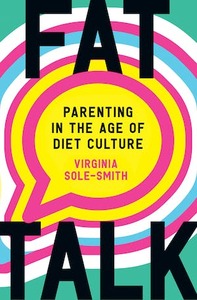Take a photo of a barcode or cover
amaranthpalmer's Reviews (294)
fast-paced
Plot or Character Driven:
Character
Strong character development:
No
Loveable characters:
No
Diverse cast of characters:
Yes
Flaws of characters a main focus:
Yes
I had high hopes for this book and was disappointed. It wasn’t awful but a mixed-bag with unpleasant elements that outbalanced the good.
Of the positive, I enjoyed:
- The sheer amount of characters: a happy surprise for a contemporary fiction novel which usually rests on minimal casts.
- The multiple perspectives were beneficial for empathizing with the characters.
The negative elements included:
- An imbalance of time afforded to the white characters’ perspectives and backstories.
- Dodo, arguably the lead character and driver of the story, is painfully underdeveloped. His one trait is that he is physically active.
- Climatic scenes are written via retellings of the characters.
- Heavy-handed and preachy foreshadowing, such as this quote: “The collective history of this sad troupe moving down the hospital corridor would become tiny blots in an American future that would one day scramble their proud histories like eggs, scattering them among the population while feeding mental junk to the populace on devices that would become as common and small as the hot dog that the dying woman thought she smelled; for in death, Chona had smelled not a hot dog but the future, a future in which devices that fit in one’s pocket and went zip, zap, and zilch delivered a danger far more seductive and powerful than any hot dog, a device that children of the future would clamor for and become addicted to, a device that fed them their oppression disguised as free thought.”
My additional critiques are based on personal preferences. The white characters receive an explanatory treatment for their racism in long backstories. This sympathy is unnerving, for the same treatment is not afforded to the Black characters. Even though Nate, Dodo, and Addie have more interesting histories.
The author relies on Dodo’s ability to lipread even if unrealistic. Lipreading is often not as reliable as we hearies assume, and the book presents Dodo with the ability to lipread long conversations (even when faces are partially obstructed). Further, one particular quote about Dodo irked me. “His immobility actually saved him, for he was an active, athletic child by nature with arms and legs that lived in constant motion. But now he was in pain, drugged, and immobile, all of while kept him still and allowed his body to heal.” Any justification of straitjackets, or restraint in general, weakens the “asylum-break” plot, as well as being insulting to the character. On the same page, the author asserts that Dodo was an intelligent being trapped in his body, which was easily disproven by the description of his adult life courtesy of the epilogue.
informative
medium-paced
Excellent. Khalidi infuses relevant personal anecdotes and primary sources from his family’s archive with typical news, press release, and interviews. He masterfully articulates essence of zionist settler colonialism through the eyes of Palestinians, who are (for once) the central storytellers. Perfect for anyone with a basic understanding of modern Palestinian history and regional geography.
informative
medium-paced









